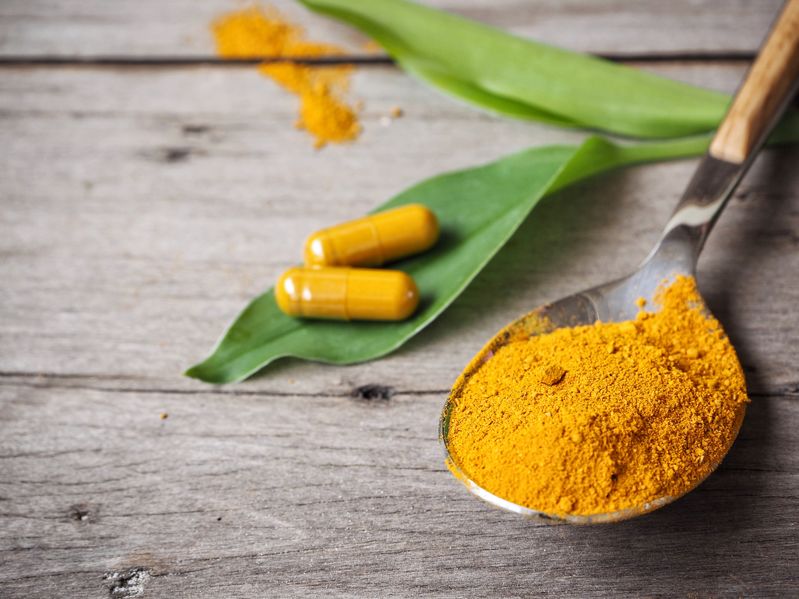
Understanding Turmeric and Curcumin
Turmeric, scientifically known as Curcuma longa, is a perennial plant belonging to the ginger family. Its roots, when dried and ground, produce the bright yellow powder we recognize as turmeric spice. Curcumin is the bioactive compound responsible for many of turmeric’s health benefits, including its pain-relieving properties. It has potent anti-inflammatory and antioxidant properties, making it a promising candidate for managing pain and various health conditions.
Turmeric and Pain Management: Supported by Science
Chronic inflammation is a common underlying cause of many painful conditions, including arthritis and muscle soreness. Curcumin in turmeric can help reduce inflammation by inhibiting certain enzymes and molecules that trigger the inflammatory response. This anti-inflammatory action can alleviate pain and improve overall joint health. Several scientific studies support the benefits of turmeric/curcumin in pain relief.
- A study published in the medical journal Trials compared the effectiveness of turmeric to that of an anti-inflammatory drug called diclofenac. The randomized trial gave 139 patients with knee pain either a 500-milligram (mg) capsule of curcumin three times a day or a 50-mg diclofenac pill twice daily. The study authors found that both groups experienced significant pain relief and concluded that “Curcumin can be an alternative treatment option in the patients with knee OA who are intolerant to the side effects of non-steroidal anti-inflammatory drugs.”.
- Another study found in Ethnopharmacology demonstrated that turmeric reduces inflammation by lowering histamine levels and possibly increasing the production of natural cortisone by the adrenal glands.
- A study published in the Annals of Internal Medicine found that an extract of turmeric was more effective than a placebo in reducing knee pain in people with knee osteoarthritis.
- A randomized study of patients with active rheumatoid arthritis published in Phytotherapy Research found that curcumin supplementation significantly reduced the number of tender joints and disease activity score in patients with rheumatoid arthritis compared to placebo.
Stick with Supplements
Although turmeric can be found in the spice aisle of your local grocery store, it only contains about 2 to 6% curcumin. Supplements will deliver a more significant dose and impact. You can find CurcuPlex-95 in our supplement catalog (use physician referral code:GOODFXN) . This powerful anti-oxidant will also support the body’s efforts to promote healthy cell growth, which is important for repairing soft tissue and other injuries in the body. Supplements should be taken in consultation with your health care professional. Contact us to know if supplements might help your pain.
Conclusion
Utilizing certain over the counter supplements can help with pain relief. Tumeric/curcumin is a low-level anti-inflammatory supplement that is low- risk, can help with pain in people with arthritis, and can minimize the utilization of narcotics and chronic anti-inflammatory medications.